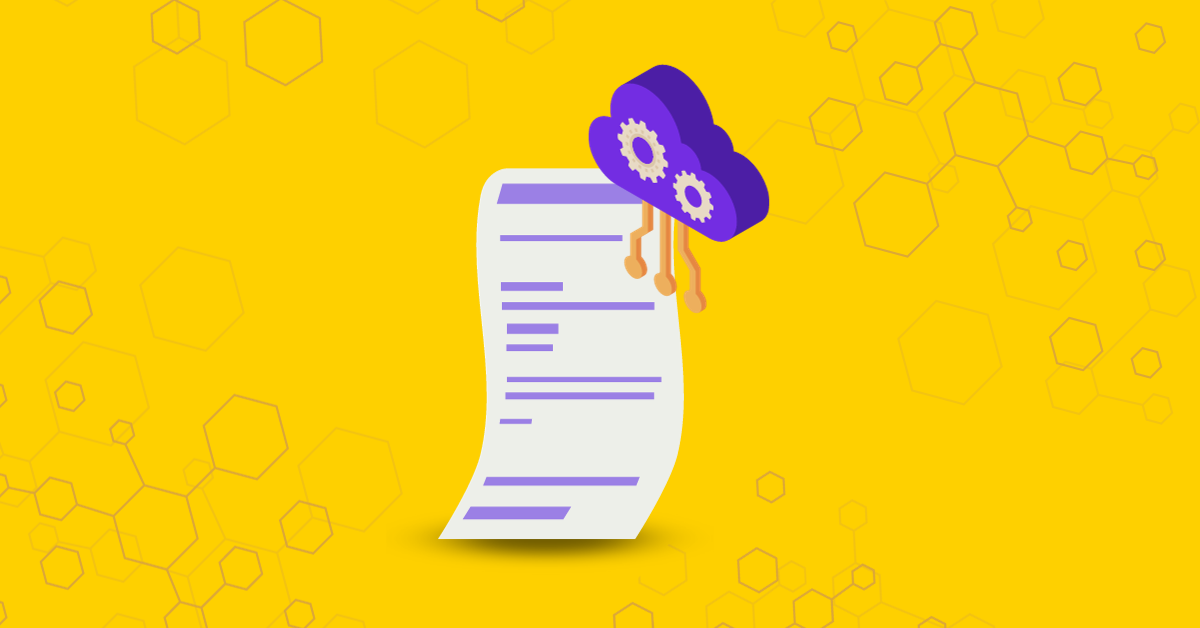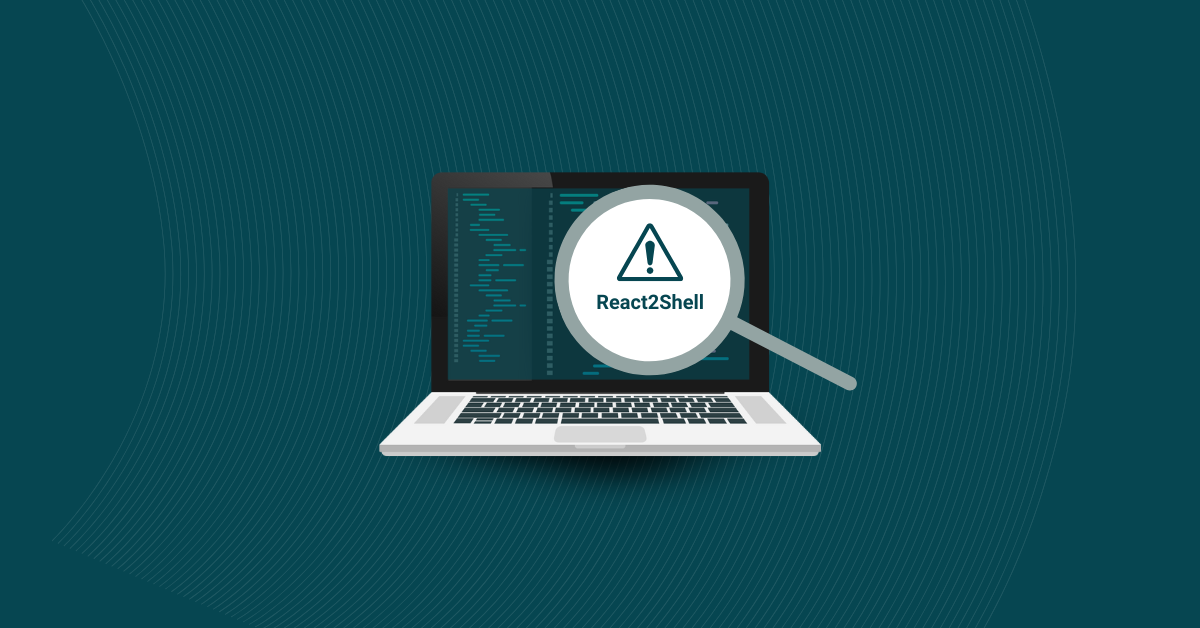

A software bill of materials (SBOM) lists every open-source and third-party component in a project’s code. They’re essential for keeping track of all your project’s components and being able to address issues as they arise more accurately. This post will discuss SBOMs, why they work, and how they can improve your application’s security.
Similar to the bill of materials (BOM) used in manufacturing and engineering or nutrition labels on food packaging, a software bill of materials typically needs to provide vital information about its components. The National Telecommunications and Information Administration (NTIA) reports outline all the information your organization needs to include, such as:
Aside from being a legally and federally required piece of documentation your organization needs to have on hand at all times, an SBOM has multiple benefits. Here are some of the most notable.
Software supply chain security is more important than ever. Supply chain attacks are too familiar because many software packages and applications rely on open-source and third-party elements. However, because the SBOM provides a comprehensive inventory of all software components and dependencies, you can more easily find and correct vulnerabilities as necessary. This is particularly important for protecting the integrity of the software supply chain.
For example, maintaining a software bill of materials is essential in preventing a repeat of the SolarWinds supply chain attack. During the attack, hackers tampered with vulnerable areas of the software supply chain to inject malicious code into SolarWinds’ software updates. This costs multiple organizations millions of dollars, and people’s information is at risk.
This documentation level helps your organization comply with transparency and accountability regulations. Since the federal government and other industry regulators actively encourage using SBOM to track your software, it can help you more easily comply with these requirements.
Due diligence is essential for demonstrating your compliance with regulations, and it can help your team avoid hefty fines due to noncompliance.
By keeping an accurate record of the application’s components, your organization can better understand the associated risks—such as known vulnerabilities or outdated versions. Doing so also lets you make informed decisions about risk acceptance, security investments, and mitigation.
For example, by keeping your SBOM updated regularly and using static code analysis tools like Kiuwan, you can learn more about critical updates as they become available and prioritize them by necessity. Your project and users will only be safer as a result.
Chances are, your app is constantly undergoing updates and getting various fixes from your team. Using SBOM makes it easier for your team to maintain your application, find potential bugs, and easily determine which components are due for updates.
Your software bill of materials can also serve as a blueprint for long-term projects. Because these detailed records make it easier for developers to understand and modify the software over time, they make it easier to streamline component updates.
By using an SBOM for your software, you can maintain transparency with regulatory bodies and your team.
Subsequently, it will be easier for team members who are new to your project to understand the components of your software. They’ll pick up your project more easily and update it without introducing new errors or vulnerabilities as they update it. As a result, your software will be even better with every patch or update.
Implementing a software bill of materials may seem like a tedious extra step. However, there are ways to make it easier to implement and help it become an asset to your team rather than an inconvenience.
Creating SBOMs manually can be tedious and complicated. Fortunately, open-source tools on the market allow developers to generate SBOMs automatically.
Automation allows your organization to scan software applications and their dependencies, generate reports, and analyze SBOMs. The SBOM helps you identify trends, possible risks, and areas for improvement in the application.
Organizations can integrate SBOMs into the CI/CD pipeline so that they are available at every software lifecycle stage. This should be part of the overall pipeline.
By incorporating updates to the SBOM with your processes, you can more easily keep track of the materials in your software while creating updates. Your users should also be able to access it regularly, as this improves transparency overall.
Your software bill of materials should be a living document that your team adds to and updates with every new iteration of your software. Anytime you update any of the third-party components, be it just for correcting a bug or for a significant security fix, you must also update the documentation.
Making this a regular habit makes it easier to resolve potential incidents faster down the line.
Your software bill of materials can be invaluable for helping both internal and third-party auditors understand more about the organization’s posture. Because it acts as a live inventory of all the organization’s assets, it can help you remain compliant with security standards and pass audits with minimal issues.
Automation is essential in building and maintaining an accurate SBOM. Tools like our code security and analysis platform provide everything you need to document, including component names, versions, and package IDs.
At Kiuwan, we can help ensure that your SBOM is compliant with regulatory requirements and up to date based on the contents of your software. This makes it relatively easy to keep the documentation up to date. We also provide software composition analysis tools that help you understand your open-source code and other components so you can take a proactive approach to having a safer, better-performing app.
Kiuwan provides pro-level insights into your open-source components, making your SBOM easier to maintain. Request a demo of Kiuwan today to see how it can help you solve your SBOM needs.


